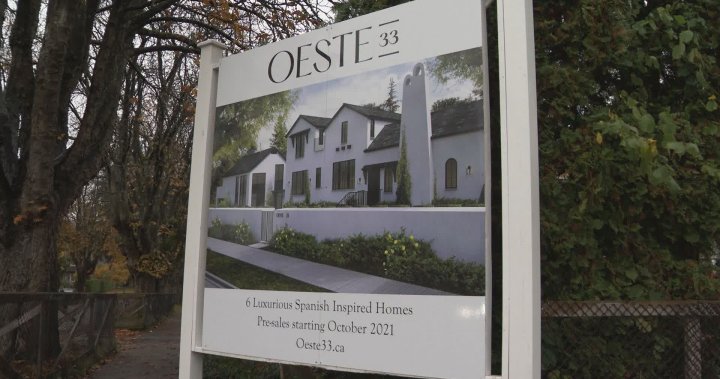
New Zealand looks to reform zoning in cities. Could a similar move help ease B.C.’s housing crisis?
Global News
Some housing advocates in British Columbia think following New Zealand's lead could help create density in a province facing a housing crunch.
The government of New Zealand has moved to end single-family zoning in five of the country’s biggest cities.
In an effort to encourage more housing, New Zealand government introduced legislation that will allow property owners to build up to three housing units to a maximum height of three storeys in cities such as Auckland, Wellington and Christchurch.
Housing advocates in British Columbia think following New Zealand’s lead could help create density in a city like Vancouver, where owners of single-family zoned lots are allowed a primary home, a basement suite, and a laneway home.
“What I like about the New Zealand proposal and other similar proposals is that you might then build three smaller homes on the one lot,” planning and real estate consultant Michael Geller said.
“In the aggregate, you’re creating now a house for a much lower price. There’s a lot of people out there who aren’t ready for an apartment, they may not even be ready for a townhouse, but they’d love to have a smaller house in an established neighbourhood and this type of proposal could offer that.”
Tom Davidoff of UBC’s Sauder School of Business says federal legislation could help cities build density.
“There’s a national and certainly a provincial interest in building more affordable homes,” he said. “But municipally and locally, there’s as much interest in preserving the leafy, quiet neighbourhood character as there is in preserving affordability.
“Everybody wants affordable housing, but they don’t want it in their backyard. That leaves local governments with lots of incentive to be slow about change and under-invest in allowing greater density. I think going around the municipalities makes a lot of sense.”


















